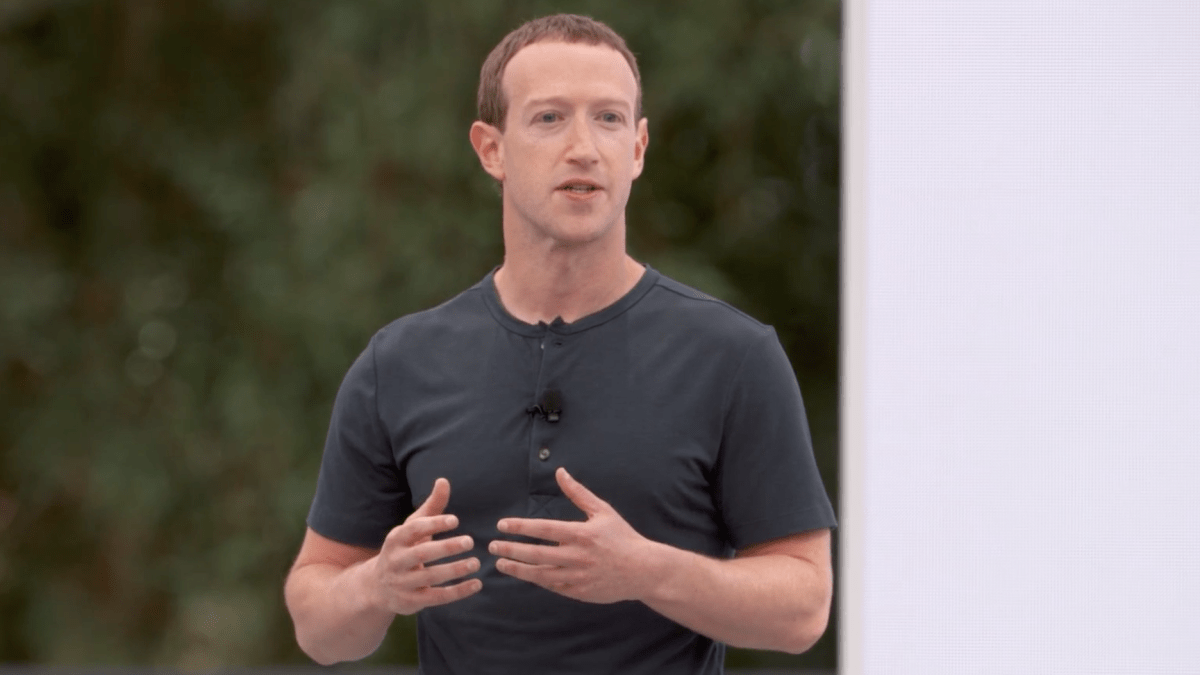
The European Commission does not seem to be too happy with tech giant Meta and its bold decision to roll out a business model featuring paid ad-free initiatives.
This particular strategy enables users in the EU and Switzerland to make a decision of whether or not they wish to use Meta’s apps with targeted advertising practices or opt out by paying a certain fee as a subscription each month.
The incentive of going ad-free but at a cost that would benefit the company has been deemed questionable for obvious reasons and the EU is now investigating whether or not it feels Meta’s strategy is a lawful practice, to begin with or not.
Officials arising from the CPC body that is in charge of forcing a host of protection laws for consumers in the region were quick to mention how Meta could be in complete violation of the region’s consumer protection laws.
The fact that users were trapped to pay or provide consent for targeted advertising left them with little to no room to make a choice.
A letter was sent by the CPC to Meta that delineated a host of ways by which the firm feels Meta is in complete violation of customer laws. Therefore, Facebook’s parent firm has just been given a deadline of September 1 to generate a reply and highlight solutions that would reduce the concerns of officials in this part of the world.
In case the CPC fails to see Meta taking the right measures to find a solution to the problem, they would make some stringent decisions against the organization that could entail sanctions as a punishment too.
For a while, the CPC has rolled out suggestions about how Meta is misleading users by promoting its apps as free for all, if they don’t pay for the subscription. In reality, the tech giant is making a lot of money by using users’ personal information by rolling out targeted advertising practices.
Moreover, the tech giant confused a host of other people by enforcing its privacy policy in different places to witness how user day is used for ad personalization.
Meanwhile, officials have also now opted to target Meta’s terminology and language used in policies and terms of service that make suggestions about how subscribers cannot see any ads but in reality, they are still being displayed. This would be possible when they engage with content shared through Meta’s apps by others on the platform.
If that’s not enough, Meta is also seemingly adding more pressure on users who have used the apps for a long time to make the decision of subscription or no subscription without any warning beforehand. With a lack of time, some users are forced to make a decision to assess how their choices could impact the contractual relationship it has with the firm as they can’t access the account before making a selection first.
We saw Meta roll out its pay or consent business model in 2023 to try and better comply with the protection laws in the EU while making sure its advertising model was at par.
When users are forced to make decisions under pressure, it means they are forced to select quickly and could end up making a decision that they never wished to make in the first place. Their fear might have to do with losing out on the account or perhaps their contacts.
Since the Pay or Consent model was rolled out under the DSA, it’s been questioned time and time again. But Meta stands by its bold claims that it was only trying to follow the law and ensure it gave users the freedom to opt in for targeted advertising or pay to have an ad-free experience.
Image: DIW-Aigen
Read next: Google Abandons Plans To Depreciate Third-Party Cookies On Chrome



